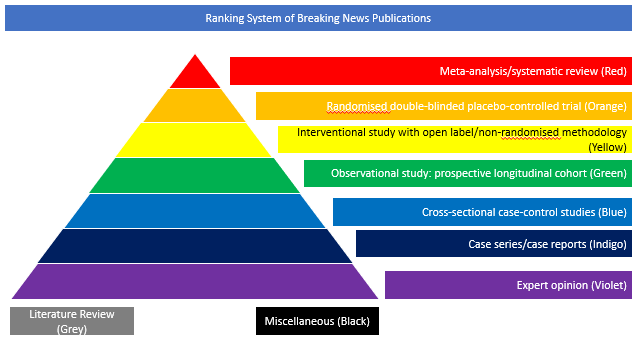Cross-sectional case-control studies (Blue)
The COVID‐19 emergency may cause post‐traumatic stress disorder (PTSD) and people with MS (pwMS) may experience chronic exposure to a wide range of challenging life events which can be correlated with worsening of neurological symptoms, increased lesion burden on brain MRI and relapses. The aim of this study was to investigate perceived stress, depression, perceived social support, habits, and behavioural changes in pwMS through COVID19 in comparison to healthy controls. A web‐based survey was posted on SMsocialnetwork.com to investigate perceived stress (using Perceived Stress Scale), depression (with PHQ‐2), and perceived social support (using Social Provision Scale‐10 item) in pwMS and healthy control group through the COVID 19 pandemic. A second group of people with migraine was also investigated. 1286 answers from 612 pwMS and 674 controls were included in the final analysis. The answers from 318 people with migraine were included as a secondary analysis. A higher proportion of pwMS were depressed (43.1% vs 23.1%; p<0.001), had a high level of perceived stress (58% vs 39.8%; p<0.001) and felt significantly less social support (median 33 vs 35; Q1‐Q3 28‐36 vs 32‐37; p<0.001).) compared to the healthy control group. A higher percentage of people with migraine were depressed (50% vs 43%, p=0.04) compared to pwMS. The authors concluded that, considering the negative impact that prolonged stress may have on clinical and radiological disease activity in pwMS, and bearing in mind that a beneficial effect has been demonstrated and achieved with stress management, they suggest promoting stress control in these patients during the COVID19 pandemic.
DOI: https://doi.org/10.1111/ene.14697













